MS-LS3-2
Develop and use a model to describe why asexual reproduction results in offspring with identical genetic information and sexual reproduction results in offspring with genetic variation.
-
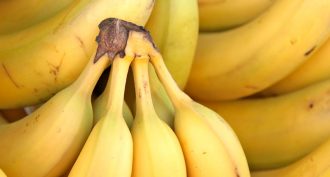 Plants
PlantsBanana threat: Attack of the clones
Researchers find that disease-causing fungi — all clones of one another — will continue to infect banana plants unless new steps are taken to stop their spread.
-
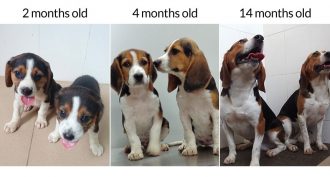 Genetics
GeneticsGene editing creates buff beagles
Scientists showed that a potentially useful new gene-editing tool can work in dogs. It created a pair of adorable, muscular puppies. But the goal is to use it for other research purposes.
-
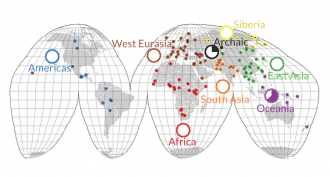 Genetics
GeneticsDNA: Our ancient ancestors had lots more
Ancestral humans and their extinct relatives had much more DNA than do people today, a new study finds. It mapped genetic differences over time among 125 different human groups.
-
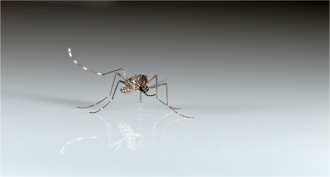 Health & Medicine
Health & MedicineDo mosquitoes love you? Blame your parents
By studying twins, scientists found that how attractive we are to mosquitoes depends partly on our genes. That could lead to better bug repellents.
-
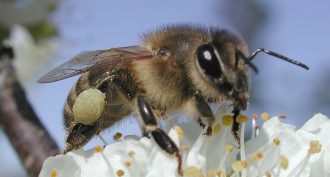 Life
LifeScientists Say: Parthenogenesis
When a baby frog develops from an egg that’s never been fertilized, we call that parthenogenesis.
-
 Plants
PlantsDesert plants: The ultimate survivors
Creosote, mesquite and other desert plants rely on different adaptations to thrive, even when no rain falls for an entire year.
-
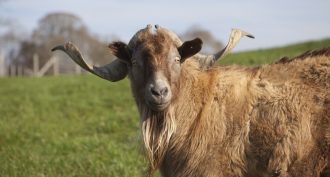 Agriculture
AgricultureLivestock: A need to save rare breeds
New studies and ongoing work highlight why society should save rare livestock breeds — and the part that technology can play.
-
 Genetics
GeneticsNewfound DNA ‘enhancer’ behind many natural blonds
Some snippets of DNA other than genes play a role in giving some people of European a golden crown of hair.
-
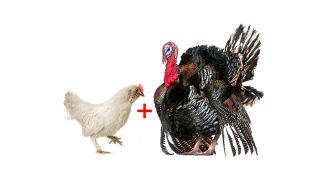 Animals
AnimalsChurk: Not for Thanksgiving
Here’s what happens when livestock breeders cross a chicken and a turkey
By Janet Raloff -
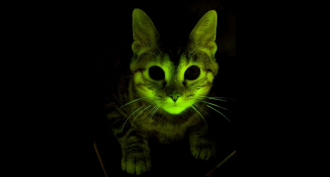
-
 Genetics
GeneticsAnimal clones: Double trouble?
From agriculture to medicine to law, animal cloning to create genetic twins could change our lives.
By Emily Sohn